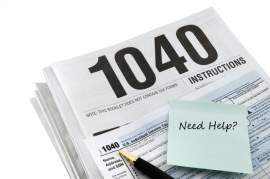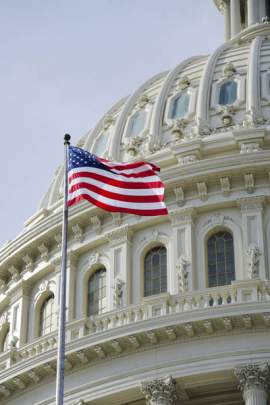
What you must know about the Federal Unemployment Extension

Popular In Federal
Code Of Federal Regulations Federal Unemployment Extension Federal Tax Return Status Meat Inspection Act Federal Tax Forms Federal Tax Brackets Government Grants Federal Funds Rate Meat Inspection Act Text Federal Rules Of Civil Procedure Federal Reserve Act Federal Acquisition Regulation
What are Unemployment Benefits?
The Federal Government defines unemployment as the total number of citizens without a job, who are willing and able to work. Citizens are considered ‘unemployed’ if they actively seek employment and do not earn an income.
The unemployment rate is offered by the United States Department of Labor as a percentage. The unemployment rate is calculate by dividing the number of unemployed citizens by the population of the labor force.Unemployed citizens, in the majority of instances, may seek aid through their local government in the form of unemployment compensation. The ability to collect unemployment compensation is contingent on the following factors:
The primary variable of unemployment insurance eligibility is how the former employee was terminated from work. Workers fired for gross misconduct or egregious violations of their employment contract is typically not eligible for unemployment benefits. This eligibility requirement is dependent on their state’s particular unemployment laws.
Regulations surrounding unemployment benefits are governed by a state’s local government. Eligibility requirements are largely based on the state's interpretation of employment law.
What is the Federal Unemployment Extension?
A federal unemployment extension is a law, passed down by the Executive Branch of the Federal Government, that actively pushes back the expiration date of unemployment benefits. A federal unemployment extension is primarily offered to those unemployed individuals in states who are stricken by high unemployment rates.
A federal unemployment extension is passed to stimulate or at least maintain some level of economic activity. In economic downturns job prospects are limited. As a result of unemployment insurance’s finite life, many individuals are left without income. To temporarily curb this problem, the federal government will pass an unemployment benefit extension to provide extended relief to those receiving unemployment benefits.
The Federal Unemployment Extension offered in 2011, enabled unemployed individuals in states with high unemployment to be eligible for benefits for up to 99 weeks. Under this federal unemployment extension, unemployed workers collecting one of four tiers of benefits will be able to move to the next tier—the tiers are based on the amount of weeks the claimant may receive additional unemployment benefits.
o Tier 1—20 weeks
o Tier 2—14 weeks
o Tier 3—13 additional weeks of benefits in states where the unemployment rate is 6% or higher
o Tier 4-6 additional weeks of benefits in states where the total unemployment rate is 8.5% or higher.
o A federal unemployment extension may provide an additional 13 to 20 weeks of benefits to workers receiving the insurance in states that have a high unemployment rate.
NEXT: Code of Federal Regulations




















